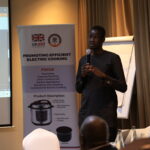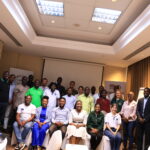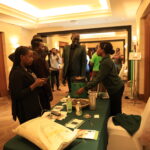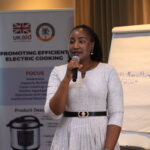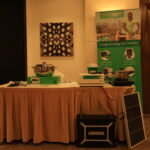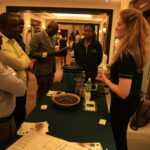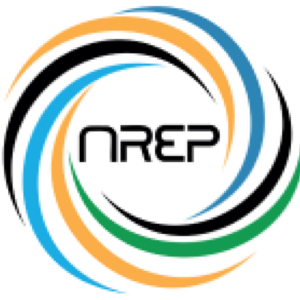In Africa, clean cooking remains a pressing challenge for displaced populations and their host communities. Limited access to clean cooking is more pronounced in the off-grid communities.
In the spirit of achieving a just energy transition, a multi-stakeholder partnership committed to increasing access to clean and sustainable cooking solutions for displaced people and host community households across Africa was established, dubbed the Solar Electric Cooking Partnership (SOLCO).
SOLCO is implemented as part of the Global eCooking Coalition (GeCCo) – a global collaborative initiative led by the Modern Energy Cooking Services Programme (MECS), Sustainable Energy for All (SEforALL) and the Global Energy Alliance for People and Planet (GEAPP).
Since its launch in 2023 at COP 28, the SOLCO has brought on other partners including Mercycorps, Last Mile Climate and others.
SOLCO Uganda held its 3rd Steering Committee Meeting on 13th December, 2024 in Uganda’s capital, Kampala. The meeting was chaired by the Chairperson, Ms. Purity Kendi, the Energy Access Technical Advisor at Mercy Corps.
During the meeting, other Partners were onboarded and recognized as part of the Uganda SOLCO steering committee team, including the NREP.
Major Meeting objectives included: Onboard key partners from Uganda; Present the Uganda SOLCO roadmap; present a report on resource mobilization by SOLCO and chart a way forward for the SOLCO Uganda chapter.
It was reported that funds had been mobilized from embassy of Netherlands for the Supporting Stronger Access to Energy for Innovative Energy Solutions in Displacement Settings Initiative to the tune of USD 1M; €300,000 from IKEA foundation to support refugee lead organizations; and from MECS to support a project in Borno state in Nigeria.
The meeting also discussed engagement with Carbon Clear, a consultancy firm in the carbon market contracted by the world bank to work to design a digital carbon protocol for mainstreaming carbon financing in project development and also carbon accounting through a digital platform.
Lastly, the meeting resolved to: Organize a carbon credit literacy webinar with SOLCO and its partners early next year; support extension of the NREP electric cooking awareness campaign, a project funded by the UK government through MECs to the refugee settlement and as well as the rest of the country; devise strategies to shift from funding to financing of clean cooking projects; advance Monitoring and Evaluation through the Leonardo impact frame work to measure the impact of SOLCO implemented projects.
